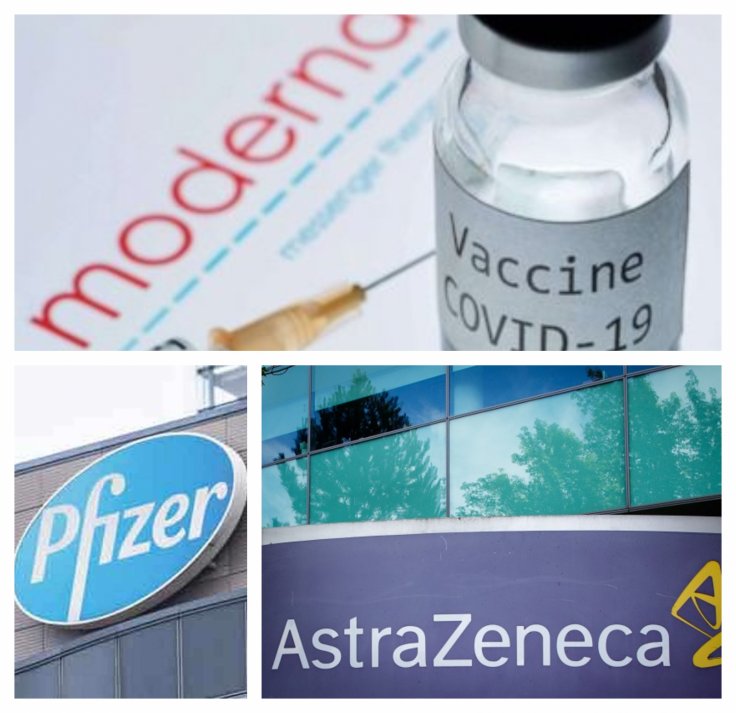Countries like the UK and the US have begun mass vaccination program to safeguard citizens from novel Coronavirus infection. Two popular vaccines, developed by Moderna and Pfizer-BioNTech, have been reported to be almost 95 percent effective in preventing COVID-19 in their clinical trials. But French doctors are unsure about their efficacy on immunocompromised people.
The healthcare professionals in the European country have expressed their concerns about the effectiveness of these COVID-19 vaccines for those people whose immune systems are weakened. According to then since clinical trials of the vaccines did not focus on these groups of individuals, there are some unknown facts.

Like millions of people, Delphine Hauff, who is a cancer patient in France, welcomed the idea of the COVID-19 vaccine to live a normal life. She and her seven-year-old daughter stopped going to any social occasions and seeing friends or loved ones due to the pandemic. "We're both scared of giving each other the virus so we don't see many people anymore. The vaccine brings hope to protect us and those close to us. I hope we can live again," she told France24.
Concerns Among Healthcare Experts
In the Institut Sainte Catherine Avignon, a medical clinic in France, healthcare professionals are making sure that patients like Hauff are receiving COVID-19 vaccine shots.
But the doctors at the medical center are asking immunocompromised patients to get a test done so that they can check the antibody levels. If they notice the levels have gone down even after taking two shots of the vaccine, then the patient may need to take another shot which authorities have not recommended yet.
While Moderna and Pfizer-BioNTech vaccines both so far found to be highly effective in the general population, experts estimated that the vaccines are only 30 percent effective for cancer or immunocompromised people.
"What we don't know yet is whether the vaccine will work on a patient undergoing chemotherapy. For example, it may be that it doesn't because chemotherapy alters the immune system and the mechanisms that create immunity to the virus could change...there are a lot of unknowns," said Nicolas Pourel, Medical Director at the ISC.
There is no doubt that this group of people needs special attention, as infections are among the most common causes of mortality in them. Since immunocompromised patients including people with autoimmune disorders or those who are on immunosuppressive medications were excluded from vaccine trials, the efficacy rate is still not clear. For example, suppression of humoral immunity by medications such as methotrexate and rituximab can decrease the production of neutralizing antibodies to neoantigens. So, both the medicines have potential to diminish response to vaccinations.
"Planning the vaccination of the immunocompromised patients to ensure maximum possible seroprotection will be needed, and considerations can be given to hold methotrexate for 2 weeks after the vaccination, and scheduling rituximab a few weeks after the vaccination until further clinical trials can answer this question," experts said.









